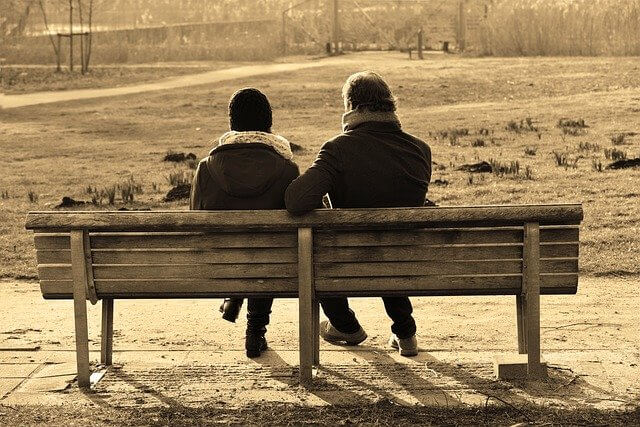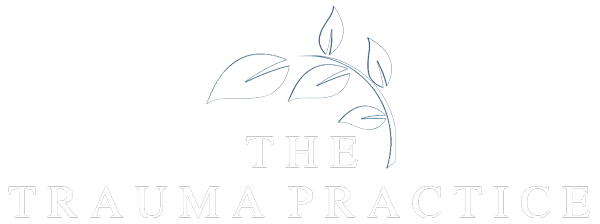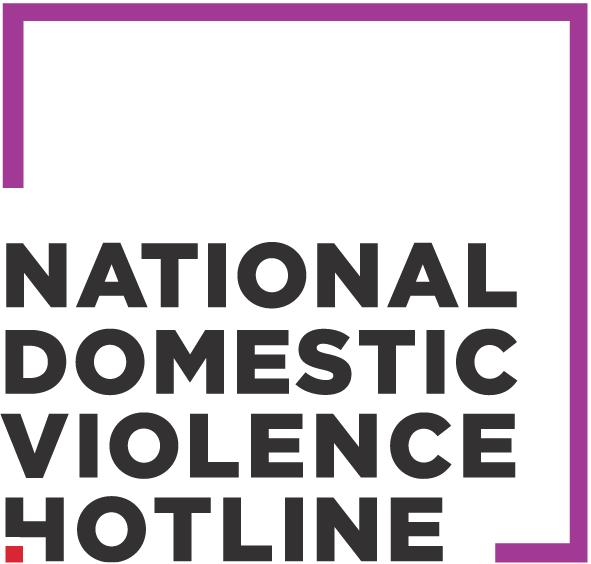
One in four women and one in six men will suffer domestic abuse in their lives. In 2018 4.2% of men and 7.9% of women suffered domestic violence in England and Wales. Domestic violence is defined as violent or aggressive behaviour within the home, typically involving the violent abuse of a spouse or partner. Domestic abuse might include physical abuse, emotional abuse or sexual abuse.
We are now in the middle of a pandemic called Covid-19. Covid-19 has spread more quickly than any country had possibly imagined putting many countries including the UK into lockdown. Lockdown and self-isolation is designed to slow down the spread of the virus.
Unfortunately, these measures are putting us under immense pressure. Pressure is felt in a number of key areas which may have previously taken for granted. These areas include our work, home/family life, finances and social lives. All of these areas have been affected by Covid-19. These difficulties pose existential issues in relation to our everyday lives and the way we function. For some people the Covid-19 outbreak might spell the start of a minor illness, a serious illness, a stay in hospital and in some cases death. It is essentially affecting us on all levels.
These difficulties are putting huge pressure on our mental health and exposing the fragility of our existence. They are also putting pressure on our relationships; The relationship we have with ourselves and the relationships we have with our families and significant other. In some cases this has resulted in an upsurge of domestic violence.

Why has self-isolation and social distancing resulted in a surge of domestic violence cases?
When we self-isolate we are spending much more time with our partners and families. We have fewer outside distractions from work, hobbies and social engagements. This can effectively put our relationship under the spotlight. Difficulties we are experiencing ourselves might be projected onto our partners as we look for someone to blame for the way we are feeling. The difficulties we might experience normally can become magnified. As a result our feeling and emotions might also be felt more acutely. A work out at the gym which might have helped us release tension or a competitive game of sport are now no longer options. A person may then take out their frustration on their partner emotionally or physically.
What should i do if i am experiencing domestic abuse?
If you are experiencing domestic abuse in self isolation it is important to keep yourself safe. Keeping yourself safe includes physical and emotional well being. This might mean having to lean on family and friends as well as getting professional help. The following link takes you through to The National Domestic Abuse Helpline where they can support you. https://www.nationaldahelpline.org.uk/How-can-we-support-you
What can we do to help ourselves in our relationships during Self-Isolation?
Spending more time together in a healthy relationship can help to strengthen and deepen a relationship. This does not mean that you will not have arguments flare ups or difficulties. People in an unhealthy relationship where domestic abuse and violence are already in play might see an increase in abuse frequency and level of abuse. There are a number of practical steps we can take to help relieve the pressure we might experience in a relationship whilst we are self-isolating with a partner.

Space
Space is very important in any relationship. Giving each other space enables us to breath and appreciate our partners when we are together. Some couples are in situations where they are able to do this relatively easily whilst others are not. Giving each other space does not have to be just physical space. Emotional space can be achieved through doing our own thing. It might include reading a book, exercising separately or cooking for the other person.

Doing things together
Doing the right things together is as equally important as giving each other space. Having difficulties in a relationship can create unnecessary pressure on a relationship during self-isolation. We might focus on the shortcomings of our partner or the difficulties of the relationship as a whole. Sometimes it is good to do something together that takes the pressure off and moves the focus away from the relationship. Examples might include cooking together, going for a walk or playing a game. Bringing in a fun element into the relationship can help relieve tension in a healthy way rather than exploding at each other.
Listening to each other
Not being heard is at the top of the list when it comes to difficulties we have in life and in our relationships. One of the best ways we can help reduce difficulties in a relationship during self-isolation is to, not only listen to our partners but let them know we have listened to them. We do this by allowing our partners to speak uninterrupted with active listening skills. Active listening skills include small nods of the head and small verbal sounds to let them know we are listening. Listening to our partners when we do not agree with what they are saying is difficult however a necessary part of any healthy relationship. When they have finished speaking we might repeat back to them what they have said word for word. We can then repeat this process for each side of the couple.

Clearing the backlog
In relationships we might have difficulties with what our partner says and does. Although it is best to deal with these as they occur we might feel inclined to ignore these difficulties to help things run more smoothly. You have probably heard the expression, an argument about the washing up is never about the washing up. This is very true. When we argue about something trivial it is because we have ignored the things our partners have done for too long. When we ignore these annoyances, we shelve them for later. When too many difficulties are shelved, they can come crashing down in an explosion of irritation. In order to prevent this instead of ignoring difficulties address them in an adult way at the time. If this is not always possible you might designate an hour a week to sitting down and listening to the difficulties each of you is having with regard to your relationship. This way you keep the backlog free from building up.
The way we communicate
Watching the way we communicate is also very important. The way we communicate is heavily bias towards the way we say something (tone) and our body language. What we actually say is far less important than the way we say it. When we communicate with our partners it is helpful to watch the tone we use and to start to slow everything down. When we are triggered, we might feel wounded or our wounded child sub-personality might come out to play. Staying in our adult self can help keep things more rational, grounded and reasonable. If we feel as if we are in the right or know more than our partners we might move into a parental type way of communicating, which means we talk down to our partners as if they were a child. Again making sure we are in adult mode can be helpful to prevent difficulties when communicating.

Needs
When our needs are not met by our partners we might become angry over something trivial. It is important to get our needs met. We cannot assume that our partners always know what our needs are. We get our needs met by communicating what these needs are in an open way. This makes it much easier for our partners to understand what we would like. It is also important to make sure that when we are listening to our partners needs that we do so in a loving open way welcoming what their need is. People's needs are often based around needs that were not met in childhood. This means that sharing our needs is a very intimate thing to do so requires courage. Appreciating this can help encourage us to encourage our partners to share those needs. If a person’s needs were not met in childhood they may struggle with this and need a little help. The best help you can offer is to welcome what they need without judgement. You can then decide whether you are ok to help them with that need.
Owning our own stuff
When we get into an altercation with our partners it appears as if it is our partners fault. Of course our partners can upset us and we might feel like we have good reason for holding them to account and of course this is sometimes the case. However, there are also many occasions where we are triggered by things from our past that have been left unprocessed or unresolved. Examples might include fear of abandonment, not being heard. Our partner doesn’t listen to us and our reaction is perhaps a little over the top for the situation. This means we are probably being triggered by something from our past. Understanding ourselves and our own triggers can be enormously helpful when communicating with our partners. More often than not when we are annoyed at our partners, we are actually more annoyed at ourselves. Knowing and owning what you are bringing to a relationship dynamic can help.

